17 Minutes of History: Wednesday’s Walkout Part of Long Tradition of Students Speaking Out, From Tinker v. Des Moines to Black Lives Matter
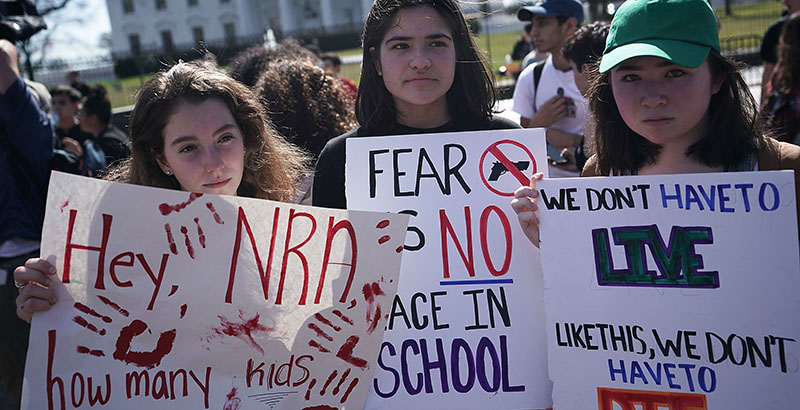
Just days after a gunman walked onto campus and killed 17 people, Parkland, Florida, student Emma González took the podium in Fort Lauderdale with fervor. Seventeen classmates and teachers at Marjory Stoneman Douglas High School had been killed in one of America’s deadliest school mass shootings and, in a high-profile speech to promote gun control measures, González offered a promise: Someday, their story would appear in textbooks.
“Just like Tinker v. Des Moines, we are going to change the law,” González said, referring to the landmark Supreme Court decision that defined the First Amendment rights of public school students. “That’s going to be Marjory Stoneman Douglas in that textbook and it’s going to be due to the tireless effort of the school board, the faculty members, the family members, and — most of all — the students.”
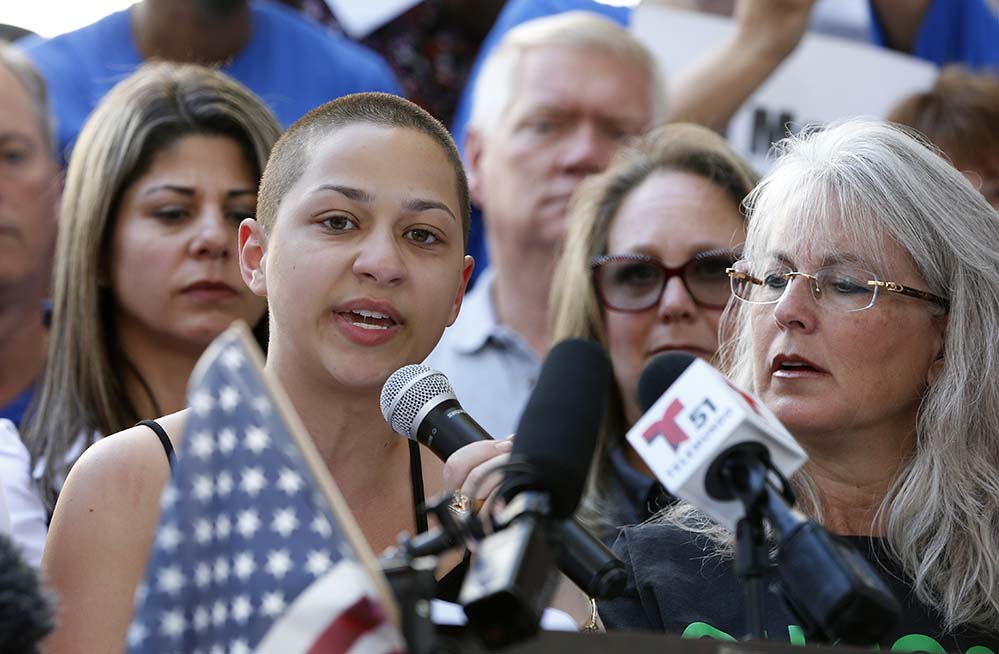
On Wednesday, the debate over gun control, student safety, and student free speech rights takes center stage as students from hundreds of schools across the country walk out of class to demand that Congress address gun violence in American schools. The 17-minute “National School Walkout” is one of several local and national student protests scheduled over the next month. Although the event is a response to a deadly school shooting, it’s about more than that, as González suggested in her speech. It’s also about students making their voices heard in policy debates that are often drowned out by adults, and their right to do so.
In an interview with The 74, the woman who helped define the free speech rights of public school students agreed that the Parkland students are making history.
“I think it may be a real turning point” in the gun debate, said Mary Beth Tinker, whose landmark Supreme Court victory in 1969 found that students do not “shed their constitutional rights to freedom of speech or expression at the schoolhouse gate.”
The Tinker Standard
Five decades after Tinker wore a black armband to school in Des Moines, Iowa, to protest the Vietnam War, the retired nurse now travels to schools across the country and encourages students to speak up. “I was telling some kids, ‘When the kids marched in Birmingham in 1963, Martin Luther King Jr. called it a turning point in the civil rights movement, and I think this is another turning point now,” she said.
Tinker was referring to a campaign by King and the Southern Christian Leadership Conference to challenge racial discrimination in one of America’s most segregated cities. As black students attempted to march downtown, hundreds were arrested. Then, at the direction of Commissioner of Public Safety Eugene “Bull” Connor — a notorious segregationist — the children were sprayed with high-pressure water hoses, beaten by police batons, and attacked by police dogs.
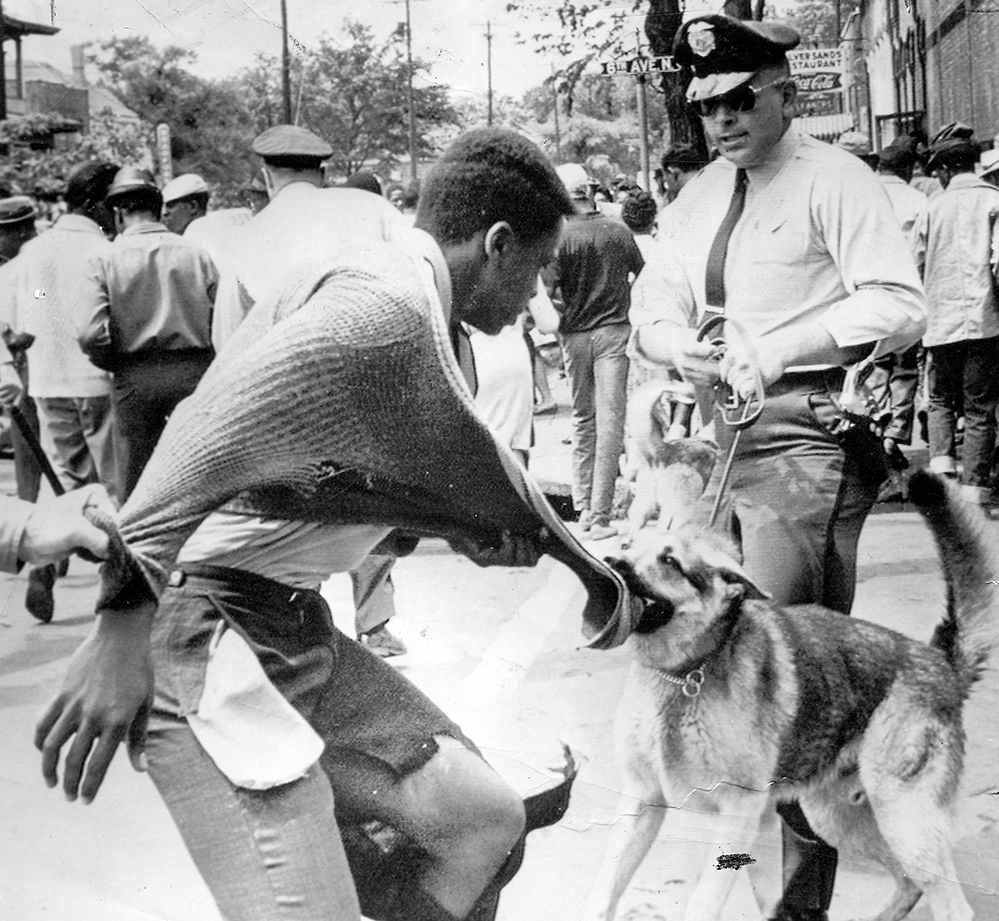
Even if they don’t face the hardships of their civil rights–era forebears, today’s student protesters face some risk, including potential punishment by school officials. Under the “Tinker standard,” the Supreme Court found that educators can punish student speech if it’s a substantial disruption to learning. And while schools may not be allowed to punish students for political statements, like a demand for gun control, First Amendment attorneys said student protesters could run into trouble for breaking other rules, such as truancy policies that prohibit students from cutting class.
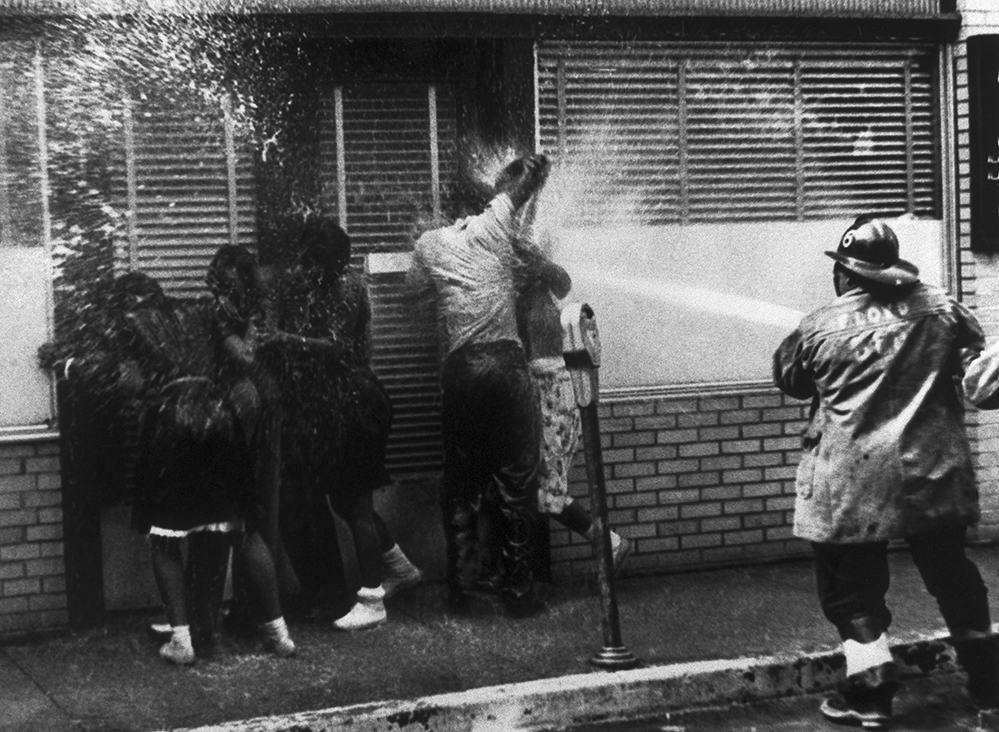
Despite the Supreme Court ruling that students have First Amendment rights, student walkouts don’t meet the “Tinker standard” threshold, said Esha Bhandari, a staff attorney with the American Civil Liberties Union’s Speech, Privacy, and Technology Project. Schools have the right to prohibit student absences, she said, even if those absences are politically motivated.
“I think the critical point here … is that the punishment shouldn’t be greater or harsher because of the nature of the absence being a political protest,” she said. “Schools may be permitted to punish students for their actions — for not being in class — but they can’t punish them for their ideas.”
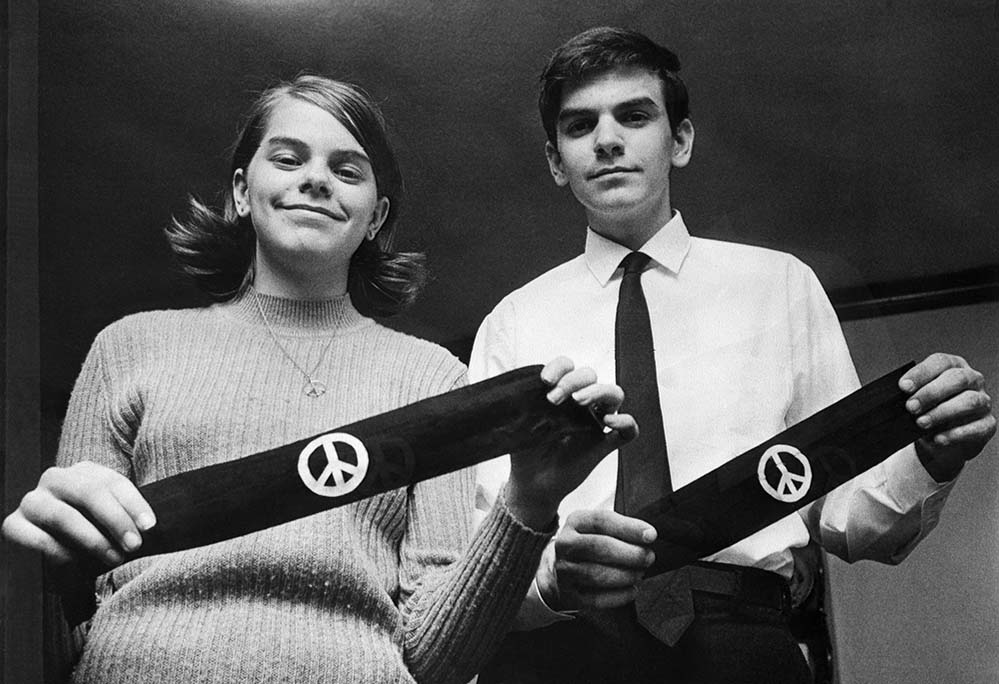
Disobedience & Consequences
As school districts across the country brace for a mass student exodus — if only for 17 minutes — the responses from administrators have varied. In New York City, student protesters will get a notation in the student attendance record for their civil disobedience but won’t otherwise be punished. Other districts, including the Needville Independent School District in Texas, plan to suspend students who skip class.
In a Facebook post, Needville Superintendent Chris Rhodes wrote that students who participate in the walkout will be suspended for three days and “face all the consequences that come along with an out of school suspension.” He added, “Life is all about choices and every choice has a consequence whether it be positive or negative.”
Ahead of Wednesday’s national walkout, smaller protests have percolated in communities across the country, and schools have already punished students for ditching class. After a walkout in Scottsdale, Arizona, about 40 students received one-day suspensions for marching off campus.
If history means anything, that risk of school discipline could make their voices even stronger, said Frank LoMonte, director of the Brechner Center for Freedom of Information and an expert on student First Amendment rights. Going back to the civil rights movement and beyond, courting danger has long been part of youth activism.
“You have to be willing to put a little skin in the game but not cross the line to where you lose the public’s sympathy and understanding,” he said. “You can lock arms and sit in front of the college president’s office, but you can’t burn down the president’s mansion.”
Historical Parallels
Tinker sees parallels between the students pushing for gun control legislation and her own anti-war activism. Just like some of the more outspoken violence victims in Parkland, Tinker’s family received death threats for speaking up. She was scrutinized for her age. As students began to advocate for gun control after the Parkland tragedy, conservative commentator Ben Shapiro argued that youth “are not fully rational actors.” Others accused teens of being paid crisis actors. Bill O’Reilly, the ousted Fox News personality, accused national news outlets of using children as a prop to attack President Donald Trump.
Those are the same tactics that were used in 1965, Tinker said. The daughter of a Methodist minister, Tinker was a 13-year-old eighth-grader when she and other students wore black armbands to her Des Moines school to protest the Vietnam War. The students were promptly disciplined for violating a policy banning armbands. Meanwhile, community members criticized Tinker for her age, concluding she couldn’t possibly know enough about Vietnam to have an informed opinion.
“But the fact is, most adults didn’t know very much, at all, about Vietnam either,” she said. “When young people are criticized just for the fact of their age, that just shows that people have a pretty weak critique of what’s going on.”
From the civil rights movement to anti-violence protests during the Vietnam War to the Black Lives Matter Movement, student voices have long been a driving force in advancing American social issues. Young voices have been crucial for “every progressive social movement,” argues a recent Harvard University report. Though young people are often characterized as being disengaged or apathetic, according to the report, their actions have long had a powerful impact on American politics.
Nine months before Rosa Parks was arrested in Montgomery, Alabama, for refusing to give up her bus seat to a white person, 15-year-old Claudette Colvin was arrested for doing the same thing. In 1963, about half of Chicago’s students walked out of class to protest a lack of resources for segregated black schools.
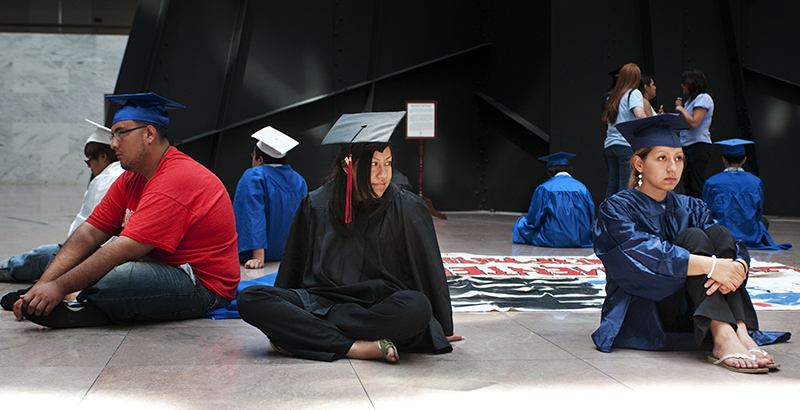
More recently, the Harvard paper noted, undocumented students staged sit-ins, including one at Sen. John McCain’s office, to demand immigration reform. Those student actions eventually led the Obama administration to announce the Deferred Action for Childhood Arrivals program, also known as DACA, in 2012. When the Trump administration announced last fall it would end DACA, hundreds of Denver students marched out of school in protest.
Through Black Lives Matter protests, which began after the 2013 acquittal of the man who shot and killed teen Trayvon Martin, young people have mobilized to demand new gun laws and criminal justice reform.
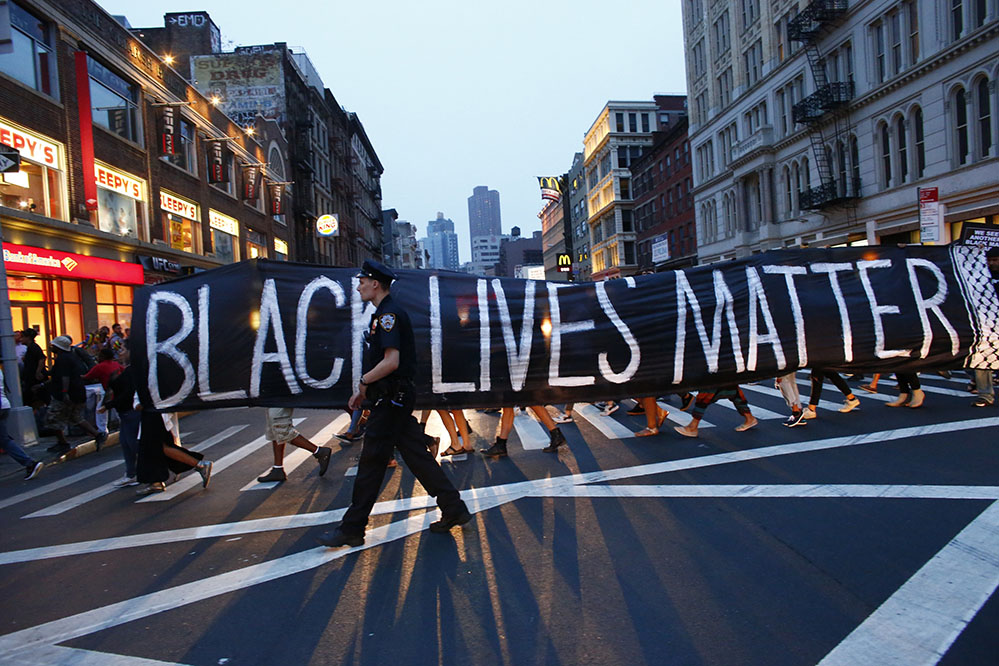
The Tinker case can still be felt in the Des Moines area, said Iowa native Ian Coon, a student at Wartburg College and communications director for Student Voice, a student-led nonprofit that encourages students to speak up about school inequities. Recently, he said, student activism led officials to open inclusive bathrooms for transgender students at Des Moines’s Roosevelt High School.
Student protests are often carried out by marginalized youth, but Coon said the students from Parkland, a well-off suburb, have had some advantages. The most vocal students from Parkland “come from home lives that allowed them to be advocates and not have to worry about surviving as people before they can use their voice, which has not always been seen in the past where it’s the most marginalized speaking up for themselves.”
Social Media: ‘The Great Leveler’
Meanwhile, LoMonte said the prevalence of social media has given Parkland students an edge over student advocates of the past. Through Facebook and Twitter, he said, students have been able to mobilize at an unprecedented speed.
“Social media has just been the great leveler,” he said. “It turns days into hours and hours into minutes.”
Bhandari of the ACLU urged that students, before walking out of school, know their rights. That includes reading district policies regarding student absences. Ahead of the scheduled national walkout, the ACLU offered an online presentation for students and sent letters to districts encouraging them not to impose unnecessarily harsh punishments.
For those who do participate, Tinker encourages students to take the moral high ground. “My message with young people is to speak with respect,” she said. “Yes, we do have to stand up for ourselves — but we can do it with respect.”
Get stories like these delivered straight to your inbox. Sign up for The 74 Newsletter

;)
